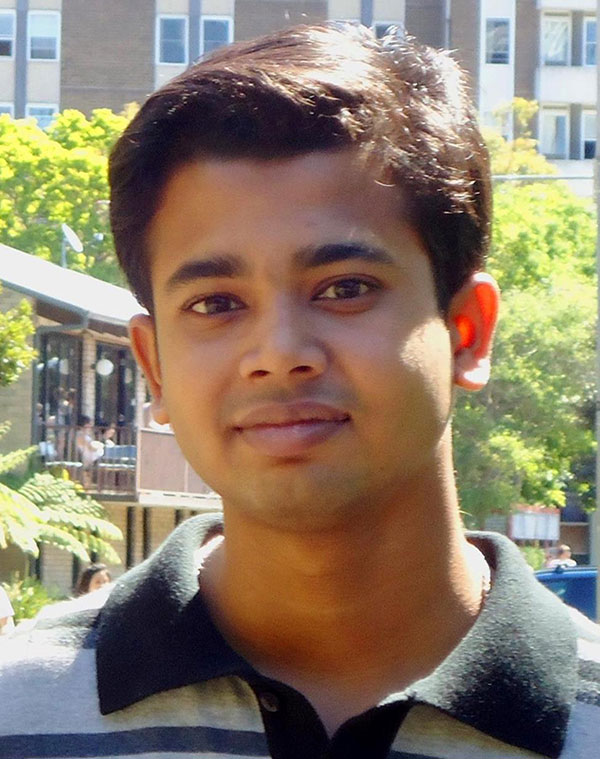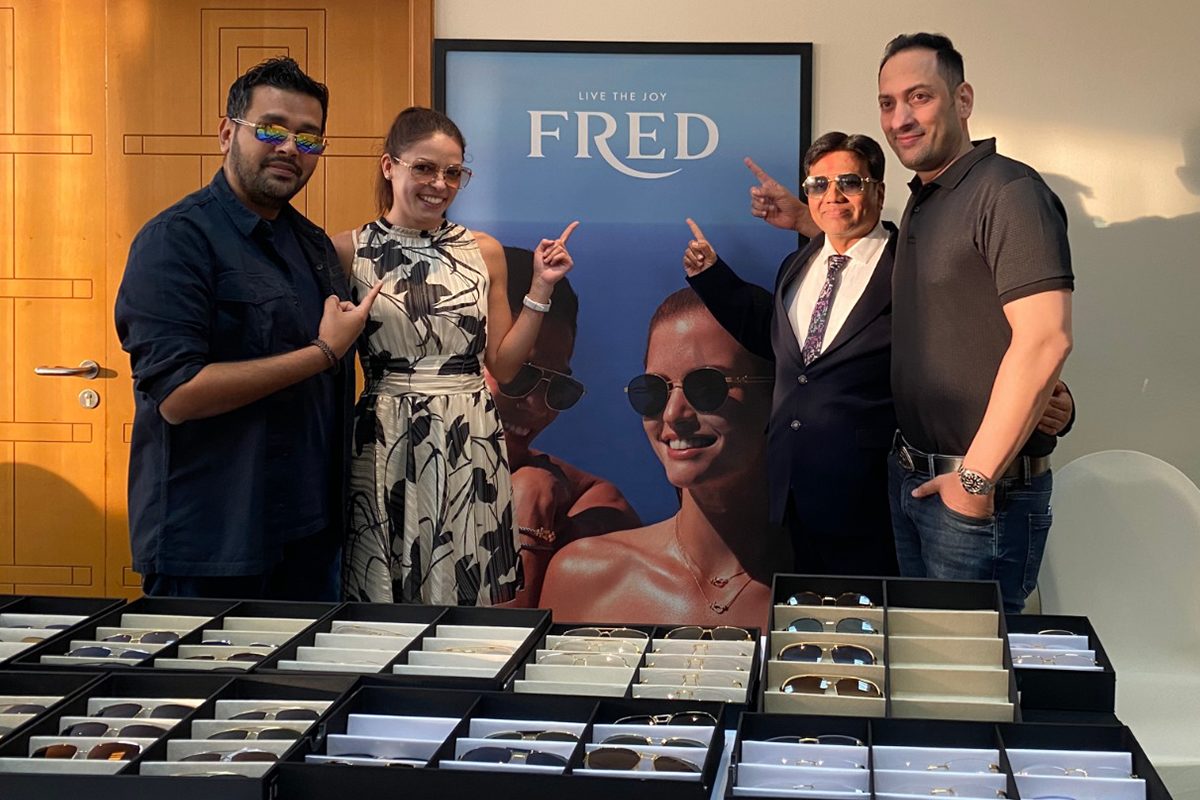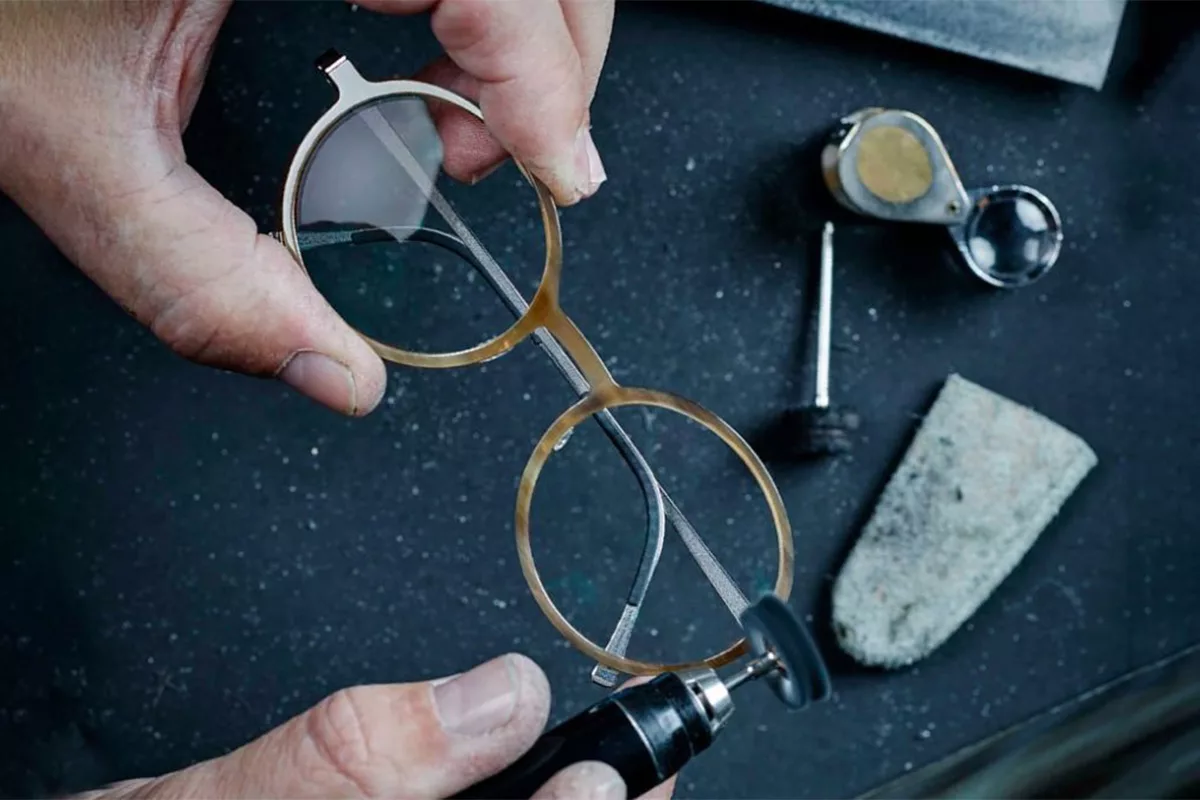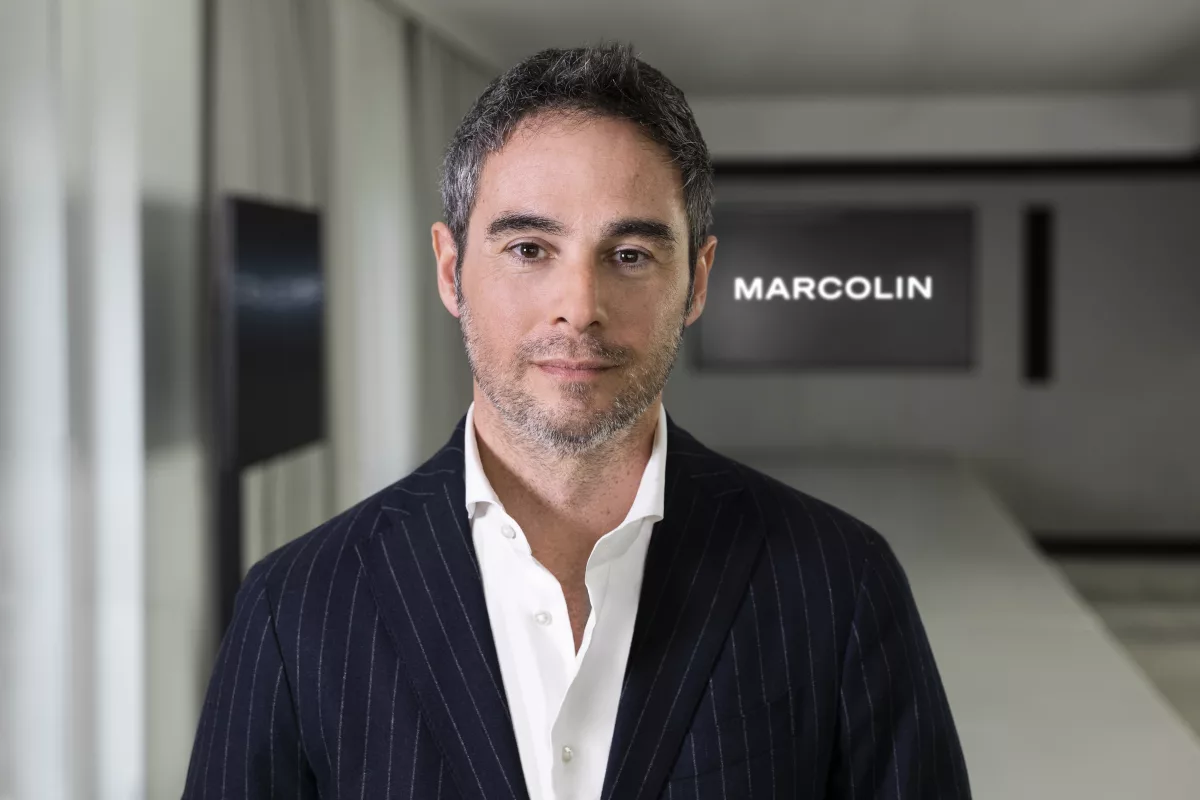Prevention better than cure? Young researcher Debarun Dutta believes an antimicrobial coating on contact lenses might be the way to avoid inflammation and infection that can occur with lens wear.
The PhD student has been working away at a solution to this long-standing barrier to the further uptake of contact lens wear and his research has caught the attention of one of the world’s leading optometry bodies.
Dutta, undertaking his PhD at the Brien Holden Vision Institute and the School of Optometry and Vision Science at the University of New South Wales has recently been awarded a prestigious Ezell Fellowship by the American Optometric Foundation (AOF), which provides financial support to encourage talented young researchers to pursue careers in optometric research and education.
His work is focussing on the development of an antimicrobial coating for contact lenses that can minimise the possibility as well as the severity of the infection or inflammation that can occur with contact lens wear for the 140 million wearers worldwide.
 The development of the contact lens has provided many needing vision correction a convenient alternative to spectacle wear. Although the risk of infection with contact lens wear is rare, (4 in 10,000 daily wear and 20 in 10,000 extended wear contact lens wearers annually), because infection can lead to vision loss there is a real motivation to develop safer contact lenses.
The development of the contact lens has provided many needing vision correction a convenient alternative to spectacle wear. Although the risk of infection with contact lens wear is rare, (4 in 10,000 daily wear and 20 in 10,000 extended wear contact lens wearers annually), because infection can lead to vision loss there is a real motivation to develop safer contact lenses.
The novel antimicrobial coating for contact lenses, using a cationic peptide named melimine has shown strong activity against various ocular pathogens including bacteria, fungi and Acanthamoeba. The predominant mode of action of melimine is via interaction with the negatively – charged microbial membrane and subsequent membrane destabilisation which ultimately results in cell death. The coating is heat stable and does not alter the physical dimensions of contact lenses. Additionally, the coating is wettable, but not cytotoxic to mammalian cells.
Transferred to future clinical practice, this may reduce microbial contamination of contact lens wear and have the potential to reduce the number of and severity of contact lens related infection.
The much-awarded student has received a number of scholarships and grants throughout his candidacy to assist him in reaching his goal of continued excellence in research.
In addition to a generous monetary prize from the American Optometric Foundation, Dutta will also be provided with the opportunity to attend the American Academy of Optometry (AAO) Annual Meeting in 2013 and the Association for Research in Vision and Ophthalmology (ARVO) Meeting in 2014.
Established in 1947 in honour of its President, William C Ezell OD, the AOF has awarded over 250 Fellowships since its inception. Dutta joins an impressive list of luminaries of the past and present international optometric research stage, including over 20 Deans and Presidents of optometric schools and colleges, over 100 faculty members and more than 100 Fellows of the American Academy of Optometry, including three of its Presidents.
The AOF is a philanthropic organisation devoted to the advancement of optometric education and research affiliated with the AAO.












